Barking is natural for dogs, but excessive barking can become a real headache. Why won’t your dog give it a rest, and what can you do about it? Here are 17 common reasons and practical solutions to restore peace to your home.
1. Boredom

Dogs need mental and physical stimulation. Provide toys, regular walks, and playtime to keep their minds occupied.
2. Anxiety
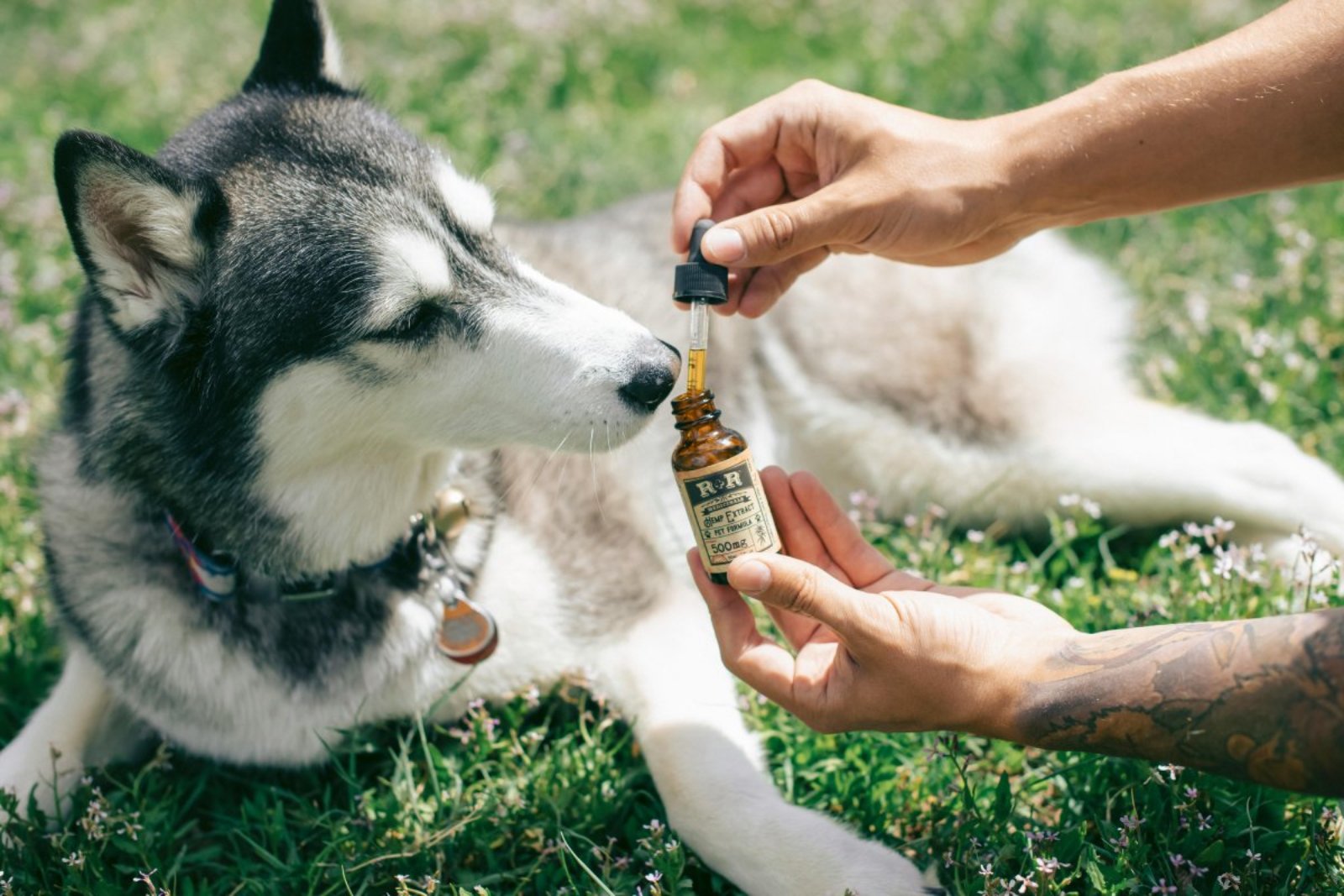
Separation anxiety is a major cause of barking. Gradually train your dog to feel comfortable being alone, and consider using calming products.
3. Territorial Behaviour
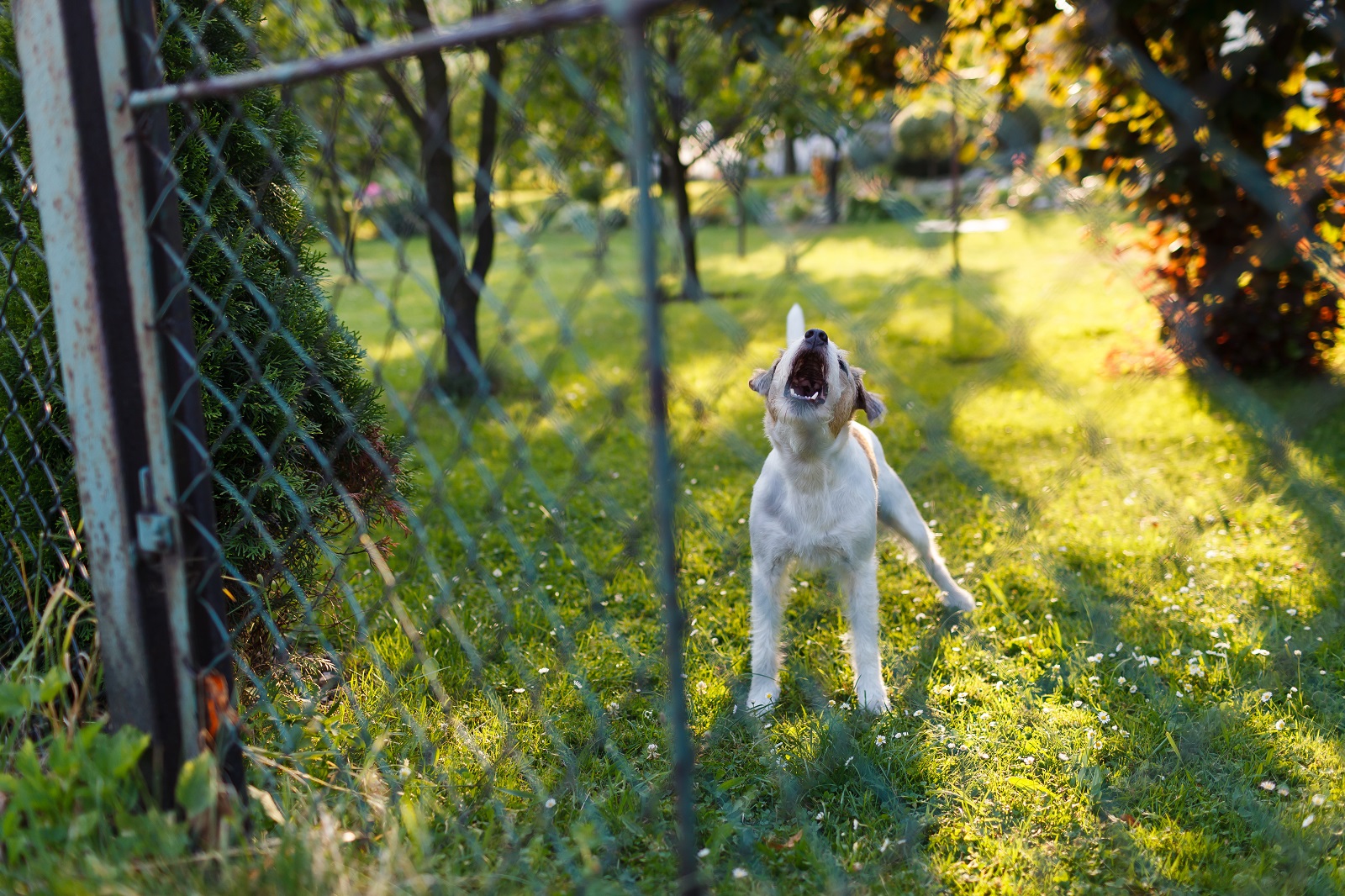
Dogs often bark to protect their territory. Close blinds or use frosted windows to reduce visual stimuli that trigger barking.
4. Attention-Seeking
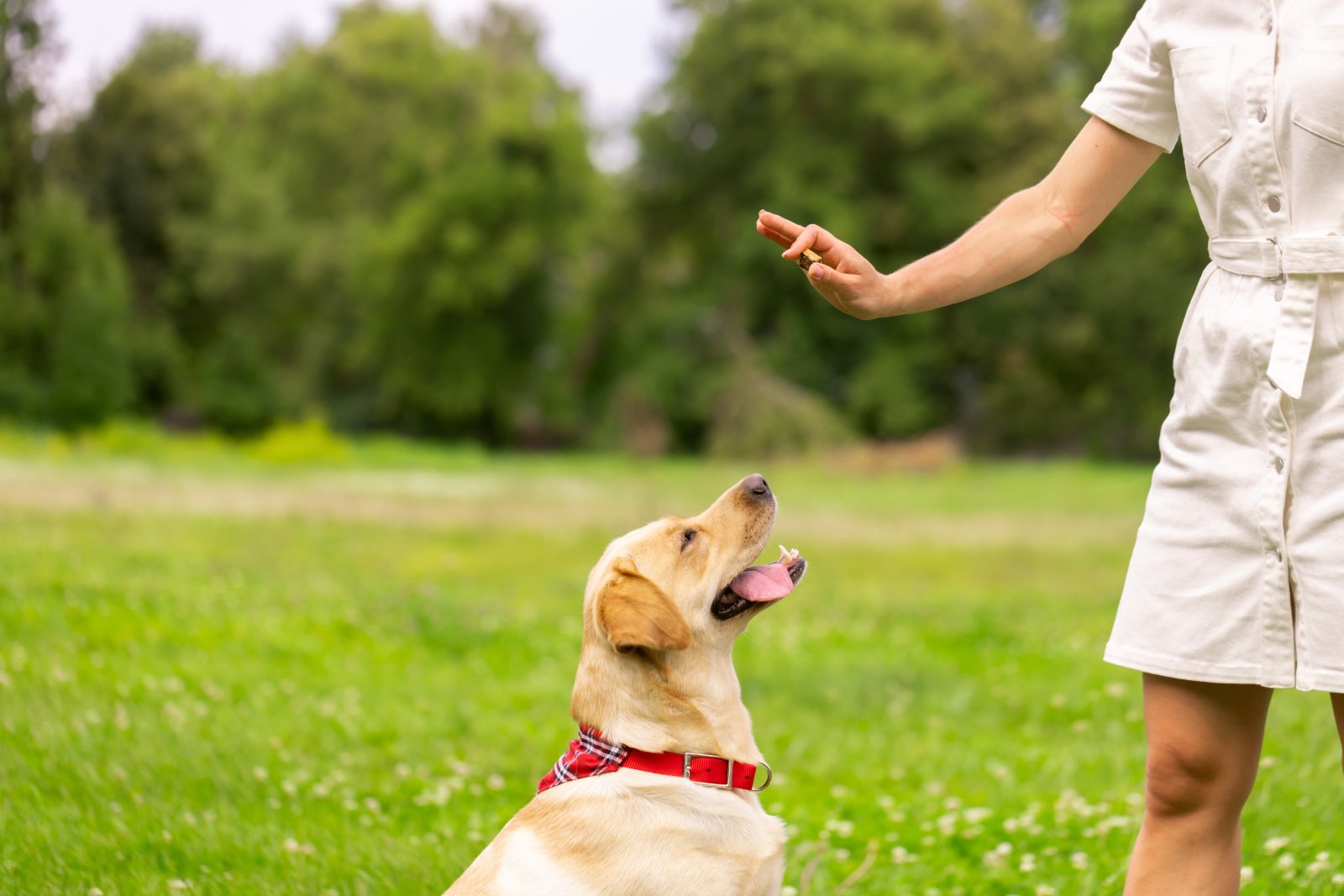
Some dogs bark to get your attention. Ignore the barking and reward quiet behaviour to teach them that silence is golden.
5. Alarm or Fear

Loud noises or unfamiliar sights can scare dogs. Desensitise your dog to these triggers through gradual exposure and positive reinforcement.
6. Loneliness

Dogs are social animals and may bark out of loneliness. Consider hiring a dog walker or enrolling your dog in daycare to provide companionship.
7. Health Issues

Pain or discomfort can cause excessive barking. Schedule a vet visit to rule out any medical problems.
8. Hunger or Thirst

Basic needs being unmet can lead to barking. Ensure your dog has access to fresh water and is fed regularly.
9. Greeting

Dogs often bark when they’re excited to see someone. Teach your dog to stay calm when people arrive by rewarding quiet greetings.
10. Playfulness

Barking during play is normal but can be controlled. Train your dog to understand a “quiet” command during playtime.
11. Protective Instinct

Dogs naturally want to protect their pack. Socialise your dog to reduce overprotectiveness and manage their barking.
12. Environmental Noise

Noisy neighbourhoods can set off barking. Create a quiet space in your home where your dog can retreat from outside noise.
13. Breed-Specific Traits

Some breeds are more prone to barking. Research your dog’s breed and find breed-specific training techniques.
14. Lack of Training

An untrained dog is more likely to bark excessively. Enroll in obedience classes to teach basic commands and improve behaviour.
15. Confusion
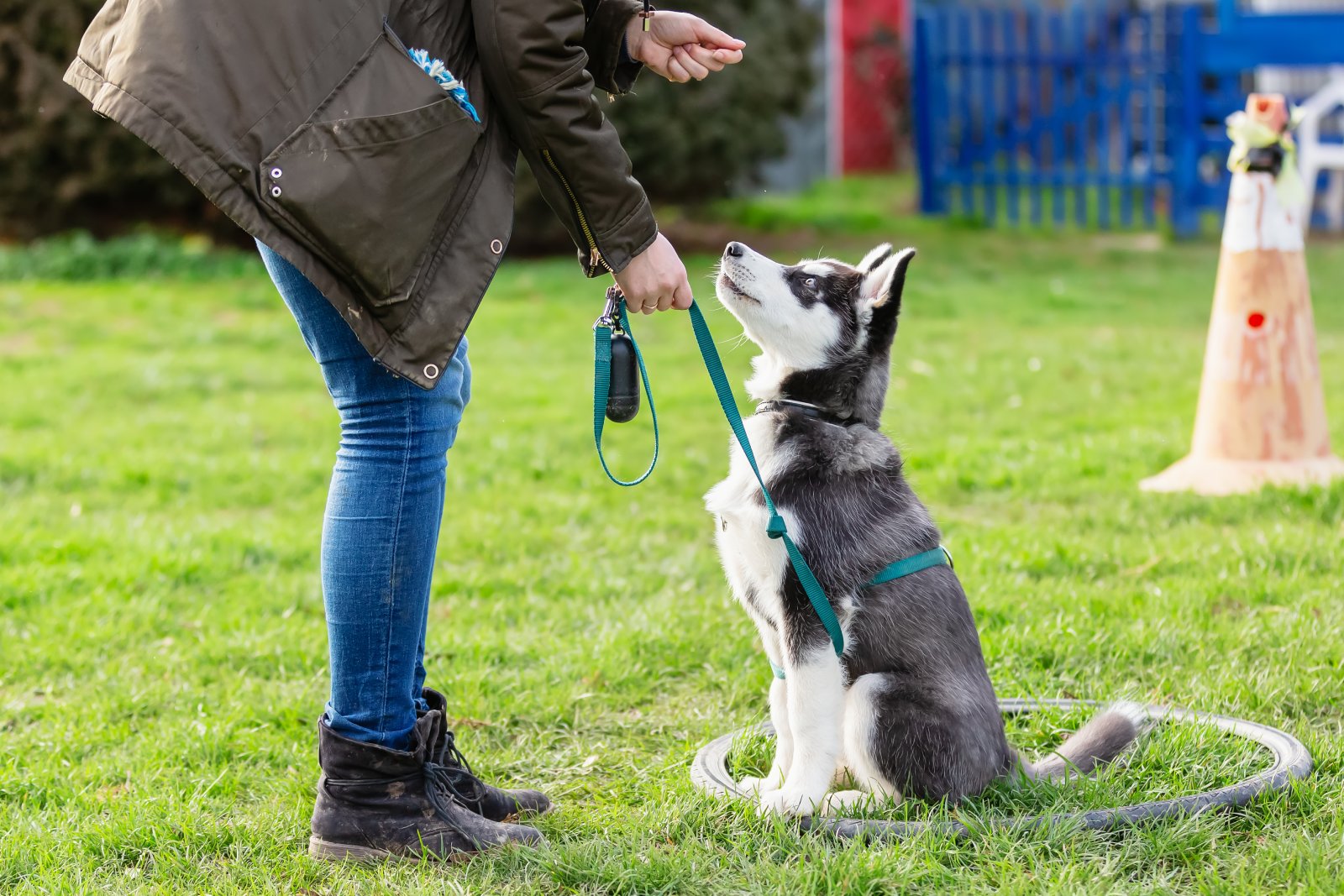
Inconsistent commands and mixed signals confuse dogs. Be clear and consistent with training and commands.
16. Excitement
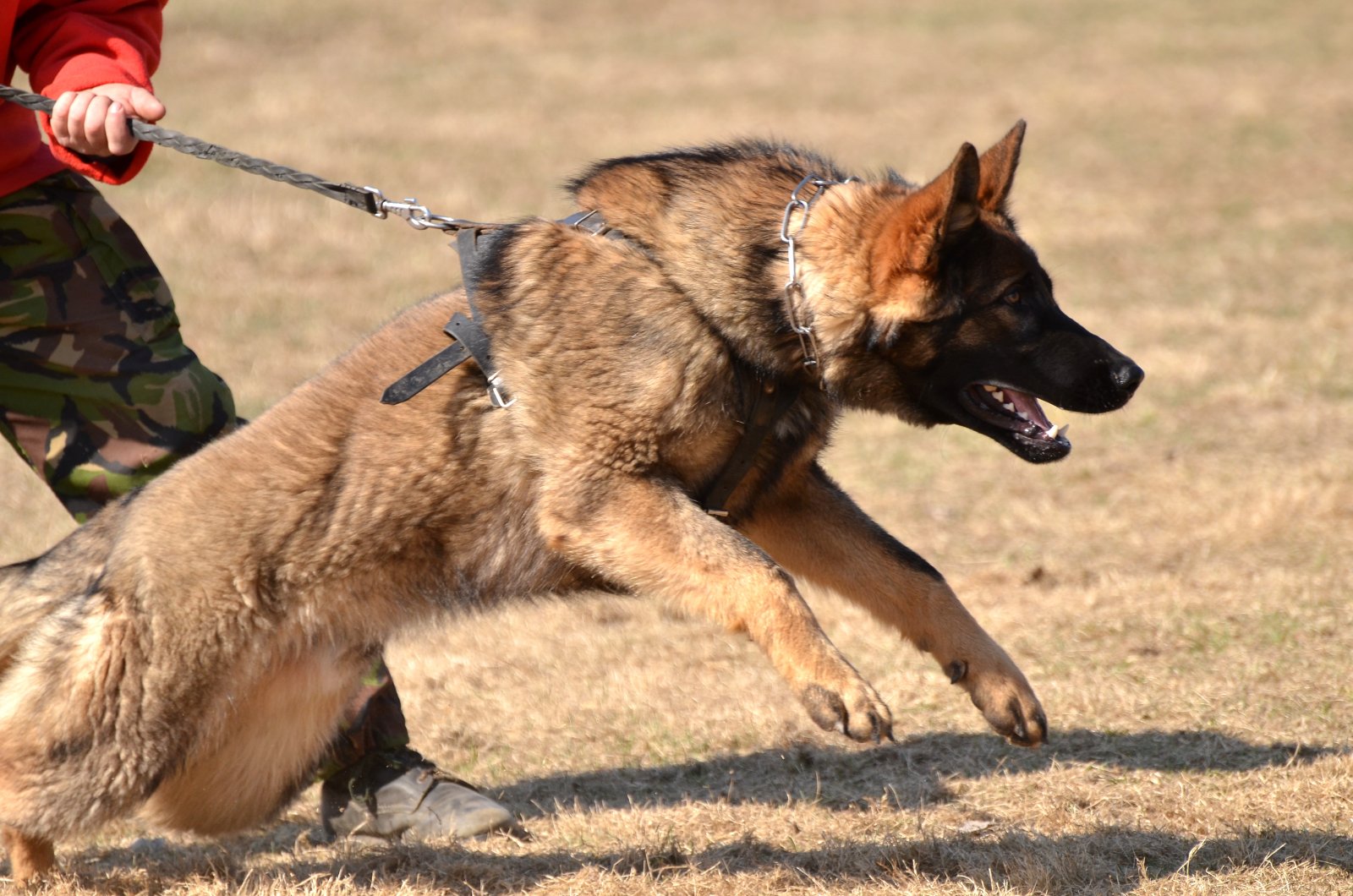
High-energy dogs may bark out of excitement. Regular exercise and mental stimulation can help manage their energy levels.
17. Habit
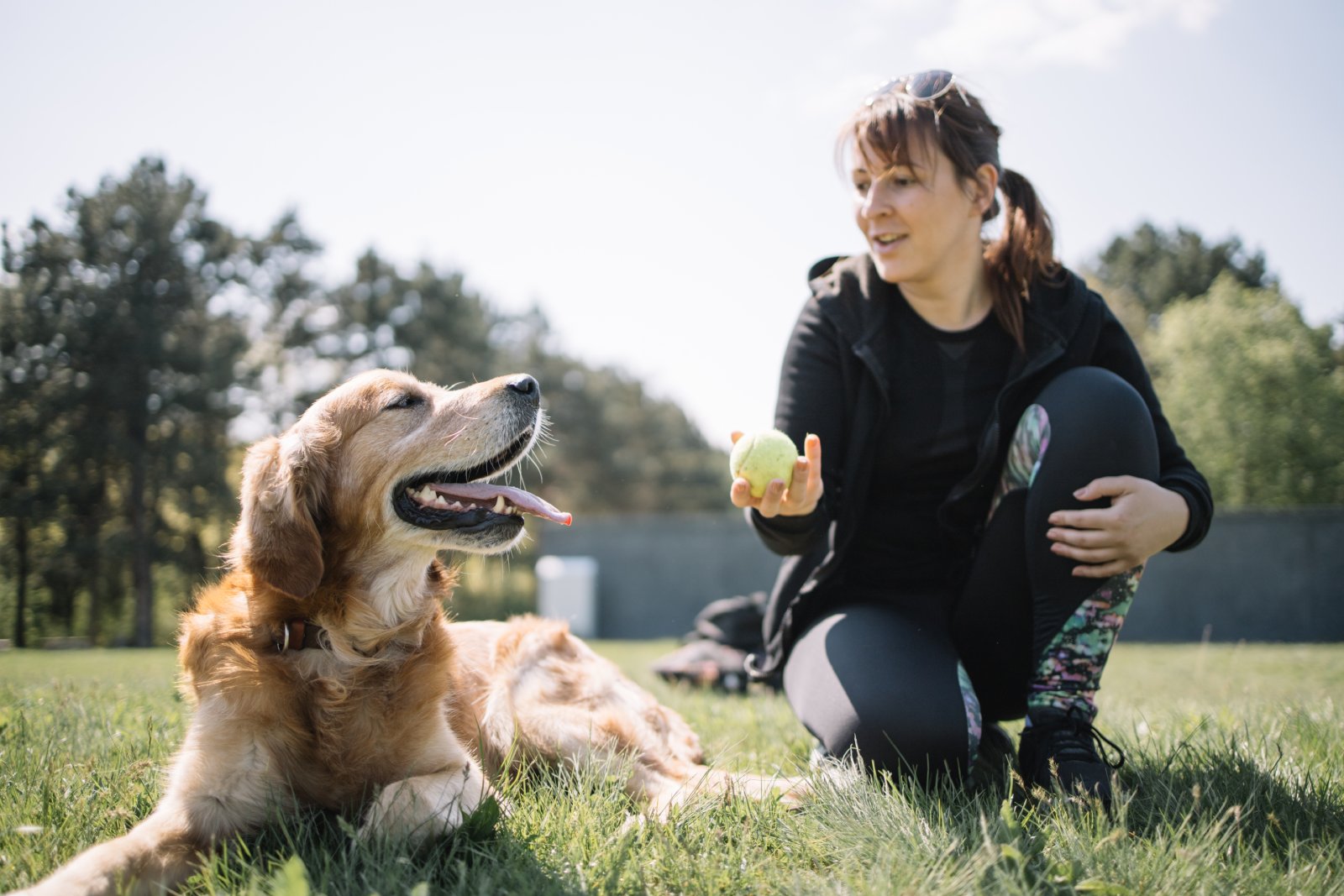
Sometimes, barking becomes a habit. Break the cycle by interrupting the barking with a distraction and rewarding silence.
From Barking Mad to Glad
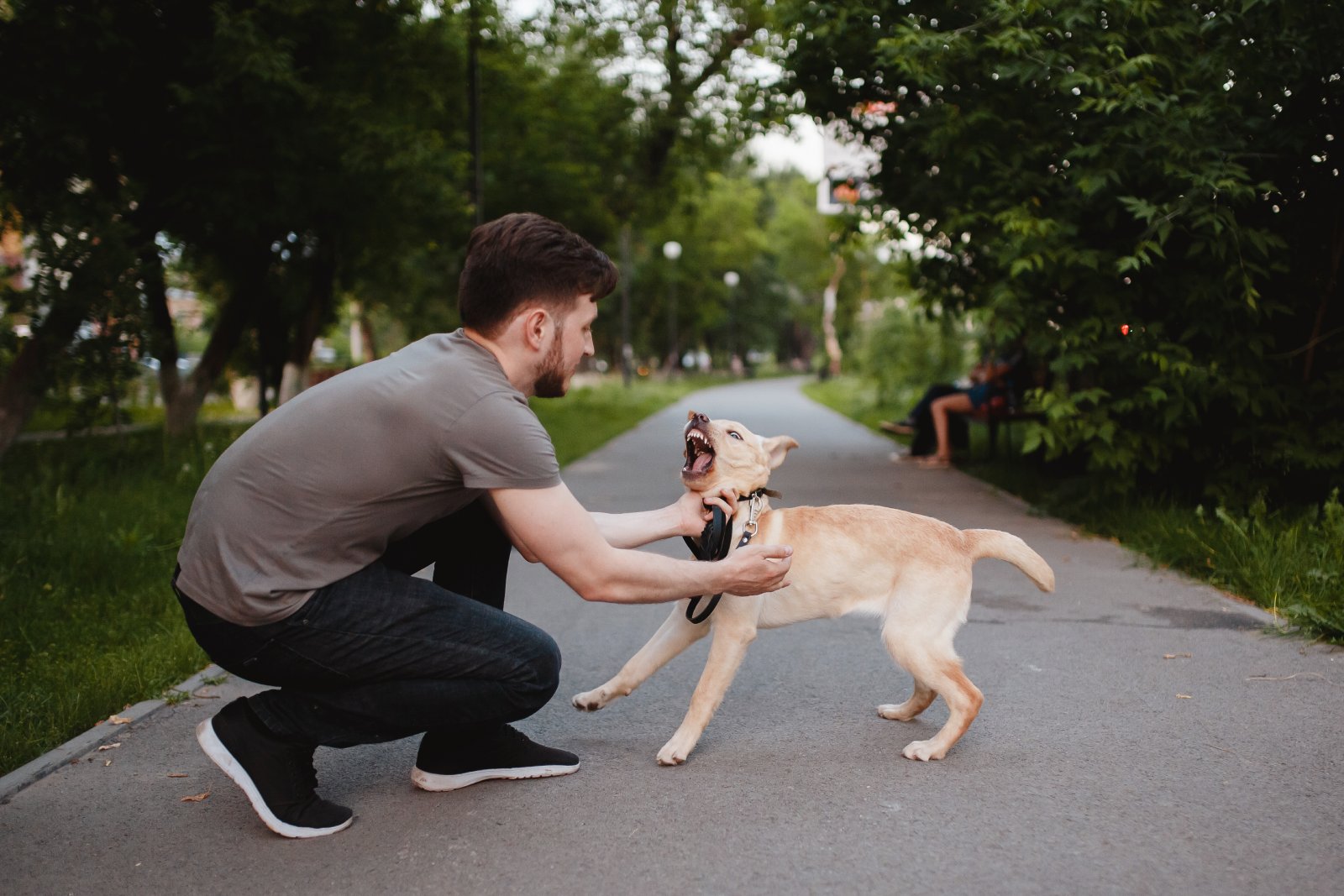
Dealing with a barking dog can be challenging, but understanding the reasons behind the behaviour is the first step. Implement these solutions, and you’ll be well on your way to a quieter, happier home for both you and your furry friend.
Featured Image Credit: Shutterstock / Nuva Frames.
For transparency, this content was partly developed with AI assistance and carefully curated by an experienced editor to be informative and ensure accuracy.

